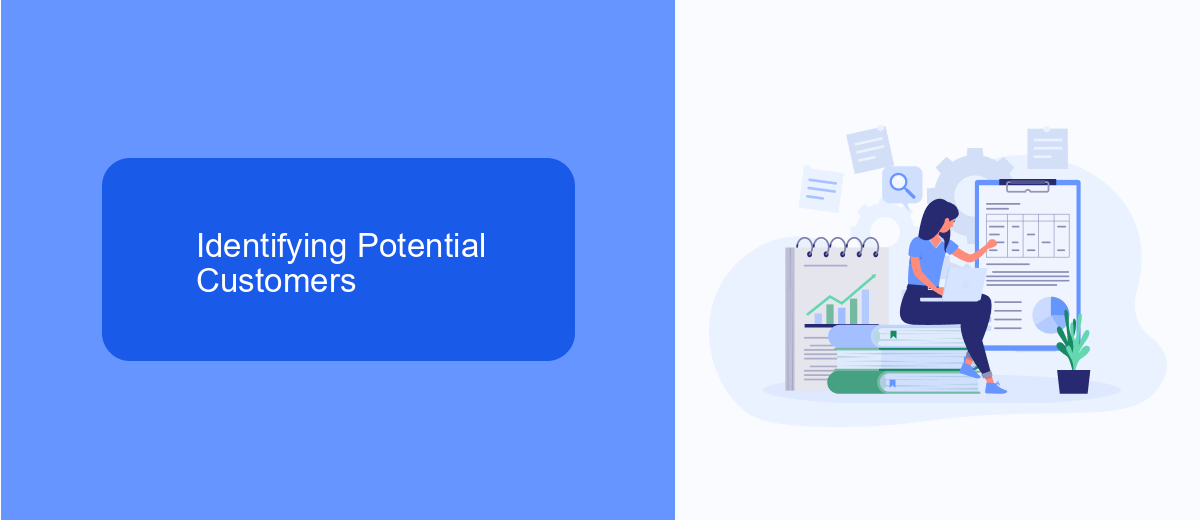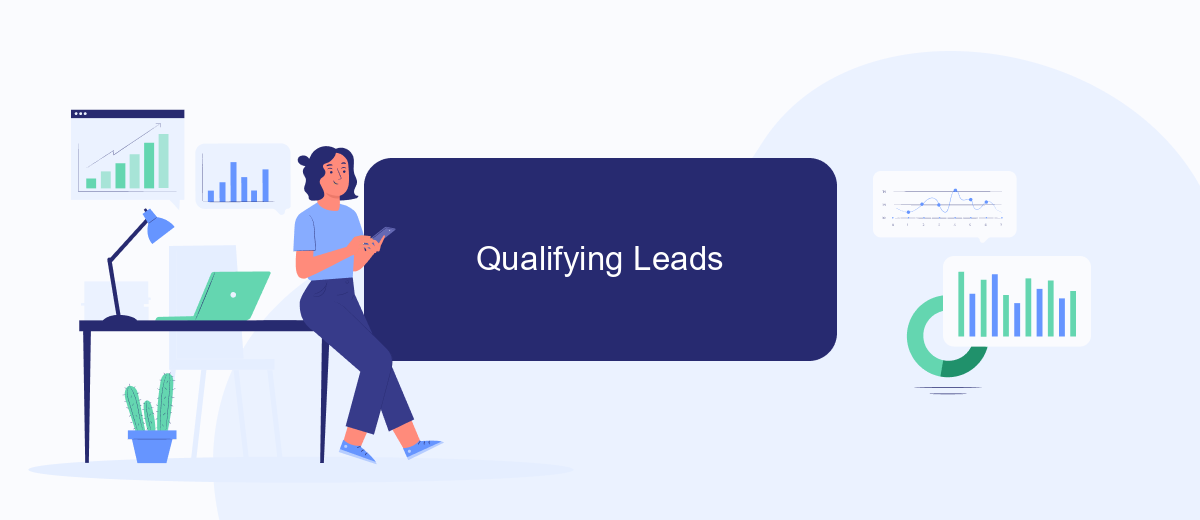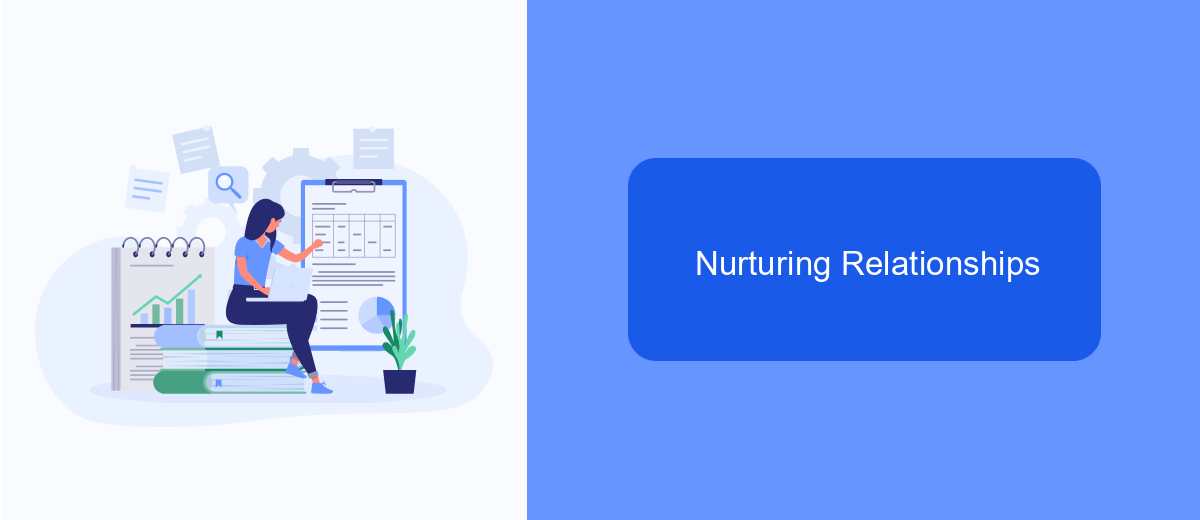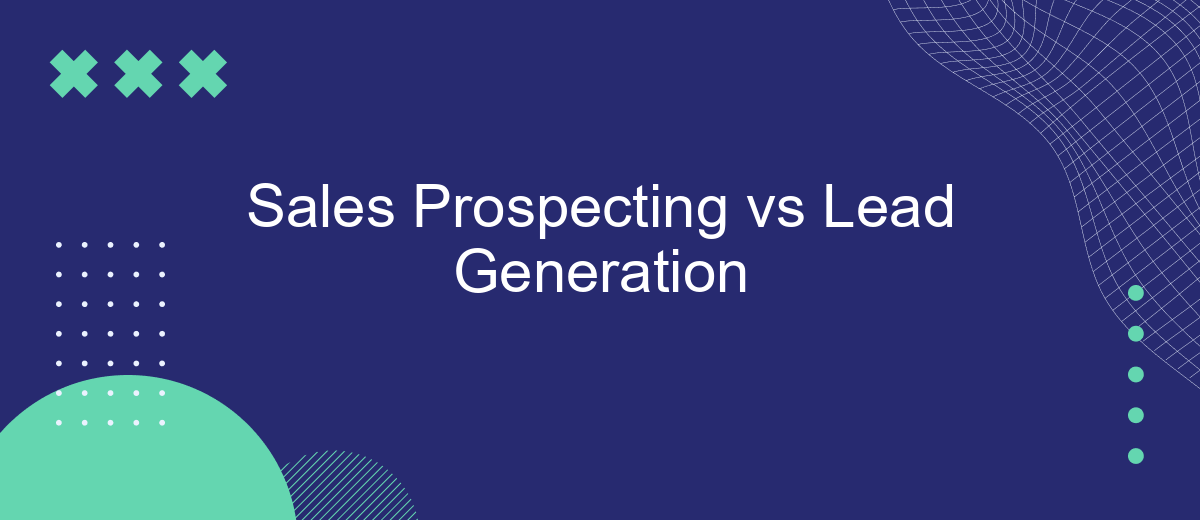In the dynamic world of sales, understanding the nuances between sales prospecting and lead generation is crucial for success. While both are essential strategies for growing a business, they serve distinct purposes and require different approaches. This article delves into the key differences, benefits, and techniques of sales prospecting versus lead generation, helping you optimize your sales funnel and drive growth.
Sales Prospecting vs Lead Generation: Key Differences
Sales prospecting and lead generation are two critical processes in the sales funnel, but they serve different purposes. Sales prospecting involves actively searching for potential customers, whereas lead generation focuses on attracting and capturing interest from potential customers.
- Objective: Sales prospecting aims to identify potential buyers, while lead generation aims to create interest and gather information about potential buyers.
- Approach: Prospecting is a proactive approach involving direct outreach, whereas lead generation is more passive, relying on marketing strategies to attract leads.
- Tools: Prospecting often uses CRM systems and direct communication tools, while lead generation utilizes content marketing, SEO, and lead capture forms.
- Integration: Tools like SaveMyLeads can automate the integration between lead generation platforms and CRM systems, streamlining the transition from lead to prospect.
Understanding the key differences between sales prospecting and lead generation helps businesses optimize their sales strategies. While both are essential, they require different approaches and tools to be effective. By leveraging services like SaveMyLeads, companies can ensure a seamless integration of their lead generation and prospecting efforts, maximizing their sales potential.
Identifying Potential Customers

Identifying potential customers is a crucial step in any sales strategy. It involves researching and understanding your target market to pinpoint individuals or businesses that are most likely to benefit from your product or service. Start by defining your ideal customer profile, which includes demographic details such as age, location, industry, and specific needs or pain points. Use tools like social media analytics, customer surveys, and market research reports to gather data and insights. This information will help you create a list of potential leads that align with your business objectives.
Once you have a clear understanding of your target audience, leverage technology to streamline the prospecting process. Services like SaveMyLeads can automate the integration of various data sources, ensuring you have up-to-date information on potential customers. This tool can help you connect with prospects more efficiently by integrating CRM systems, social media platforms, and other marketing tools. By utilizing such services, you can save time and focus on engaging with high-quality leads, ultimately increasing your chances of converting them into loyal customers.
Qualifying Leads

Qualifying leads is a critical step in the sales process, ensuring that your team focuses on prospects with the highest potential for conversion. This stage involves evaluating and prioritizing leads based on specific criteria to determine their likelihood of becoming paying customers. Effective lead qualification can save time, resources, and increase the overall efficiency of your sales efforts.
- Identify Key Criteria: Establish the characteristics that define a high-quality lead, such as budget, authority, need, and timeline (BANT).
- Score Your Leads: Use a lead scoring system to assign values to each lead based on how well they meet your criteria. This can help prioritize follow-up actions.
- Leverage Technology: Utilize tools like SaveMyLeads to automate the integration of lead data from various sources, ensuring accurate and up-to-date information for effective qualification.
By systematically qualifying leads, sales teams can concentrate their efforts on the most promising prospects, thereby improving conversion rates and maximizing revenue. Implementing a structured qualification process, supported by advanced tools and technologies, is essential for any business aiming to optimize its sales strategy and achieve sustainable growth.
Nurturing Relationships

Nurturing relationships with potential clients is a crucial aspect of both sales prospecting and lead generation. It involves building trust, providing value, and staying top-of-mind until prospects are ready to make a purchase. By focusing on relationship-building, businesses can turn leads into loyal customers.
Effective relationship nurturing requires consistent communication and personalized interactions. This can be achieved through various channels such as email marketing, social media, and direct messaging. Tailoring your approach to meet the specific needs and preferences of each prospect can significantly enhance engagement and conversion rates.
- Send personalized emails with relevant content
- Engage on social media by sharing valuable insights
- Use automated tools like SaveMyLeads to streamline follow-ups
- Provide exclusive offers and incentives
- Host webinars and live Q&A sessions
By leveraging tools such as SaveMyLeads, businesses can automate and optimize their nurturing processes. This service allows for seamless integration with various platforms, ensuring that no lead falls through the cracks. Ultimately, nurturing relationships effectively can lead to higher conversion rates and long-term customer loyalty.


Closing Deals
Closing deals is the final and often most crucial step in the sales process. It involves converting potential leads into actual customers, ensuring that all negotiations and terms are clearly understood and agreed upon by both parties. Effective closing strategies include addressing any remaining objections, offering compelling incentives, and creating a sense of urgency. By maintaining clear and open communication throughout the process, sales professionals can build trust and demonstrate the value of their product or service, ultimately leading to a successful close.
In today's digital age, leveraging technology can significantly enhance the deal-closing process. Tools like SaveMyLeads can streamline and automate lead management, ensuring that no potential customer falls through the cracks. By integrating various platforms and automating follow-ups, SaveMyLeads helps sales teams stay organized and focused on high-priority tasks. This not only saves time but also increases the likelihood of converting leads into paying customers, making it an invaluable asset in closing deals effectively.
FAQ
What is the difference between sales prospecting and lead generation?
Which is more important: sales prospecting or lead generation?
Can sales prospecting and lead generation be automated?
How do I measure the success of my sales prospecting efforts?
What are some common challenges in lead generation?
Personalized responses to new clients from Facebook/Instagram. Receiving data on new orders in real time. Prompt delivery of information to all employees who are involved in lead processing. All this can be done automatically. With the SaveMyLeads service, you will be able to easily create integrations for Facebook Lead Ads and implement automation. Set up the integration once and let it do the chores every day.
